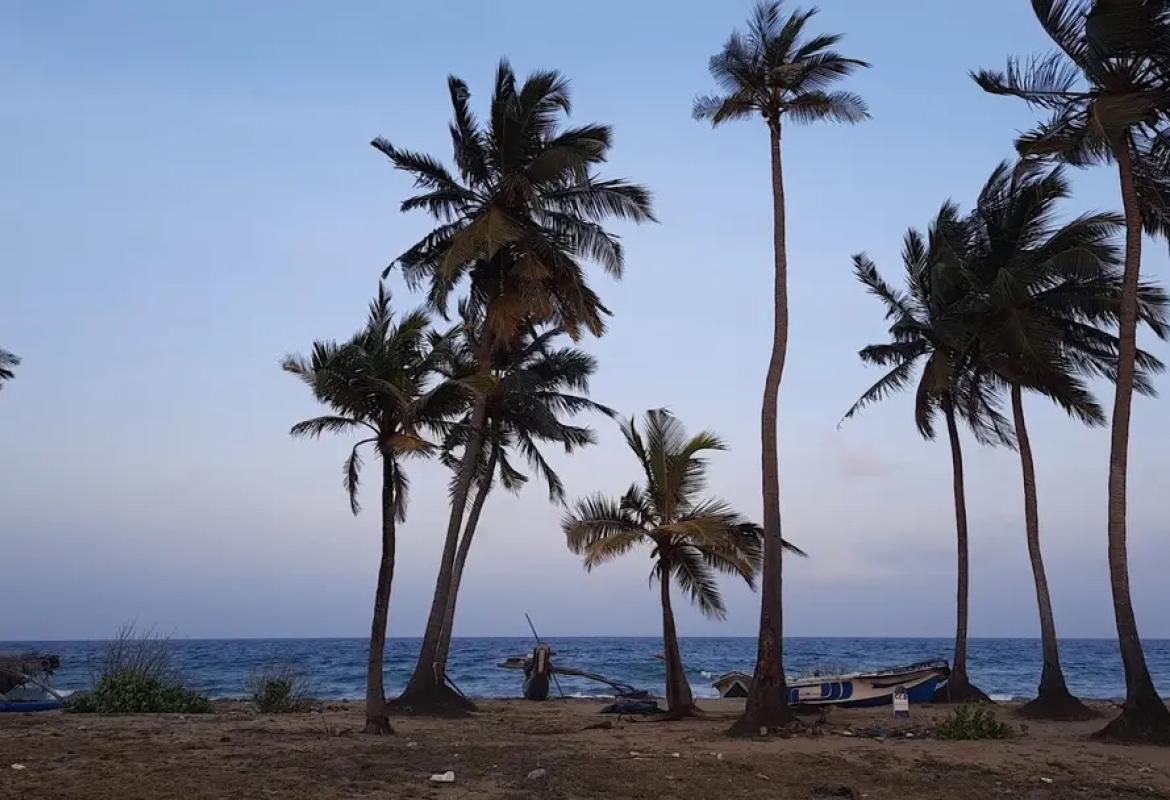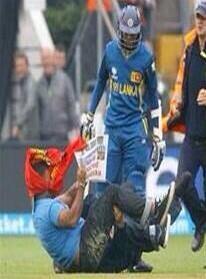Buddhism & Violence' - academics discuss Sri Lanka and Burma
Guests included Michael Jerryson, an Assistant Professor of Religious Studies in Youngstown State University in Ohio and co-author of the book 'Buddhist warfare', and Rupert Gethin, professor of Buddhist Studies in the University of Bristol and author of the 'Foundation of Buddhism'.
Outlining the two main streams of Buddhism, Rupert Gethin explained:
"Theravada Buddhism is a form of Buddhism that takes as its authority of set of texts written in Paali, which go back many many centuries to two millennia. This is the kind of Buddhism that is followed by Buddhists in Sri Lanka, South East, Thailand, Cambodia and Lao.Discussing the use of Buddhist scriptures to justify violence, which on the surface appears diametrically opposed to Buddhist teachings of non-violence, Michael Jerryson said,
Mahayana Buddhism which is the other main stream of Buddhism, to simplify things, is the kind of Buddhism followed in Tibet and China. They have scriptures that correspond in some way to the Pali cannon but they also have additional texts that they take as authoritative."
"There are texts that have been used in recent years to justify violence."
"For example there are texts, the Buddha once spoke with a mercenary. The mercenary asked the Buddha for example, 'Look I'm not an aahat [enlightened being], I'm not enlightened, what I'm doing though is my job, will I have repurcussions for it?' And the Buddha said 'yes, you'll have repurcussions for it. Not for the act of killing, but for holding debase thoughts and bad intentions whilst doing the killing'.
This text has been used sometimes, by for example by Buddhist monks in Sri Lanka right now, by Buddhist monks in Thailand, to give sermons to soldiers to cool their minds, in order for them to clear thoughts whilst doing the killing."






